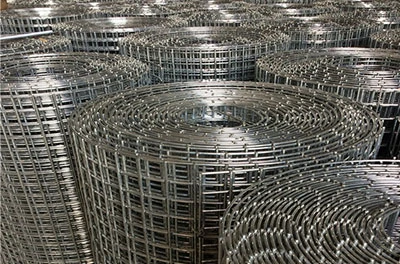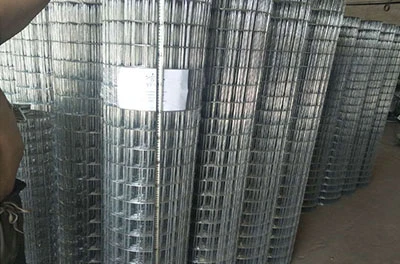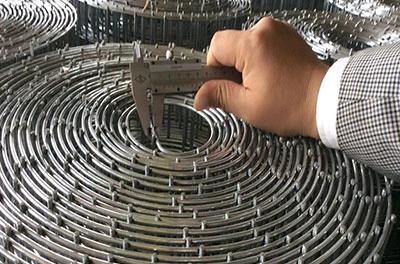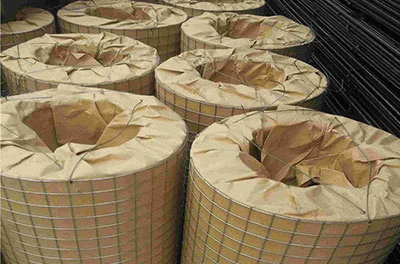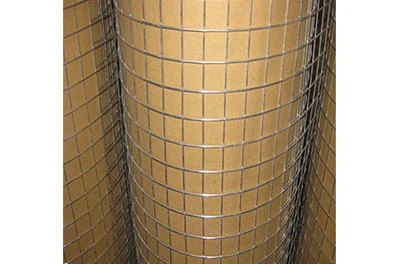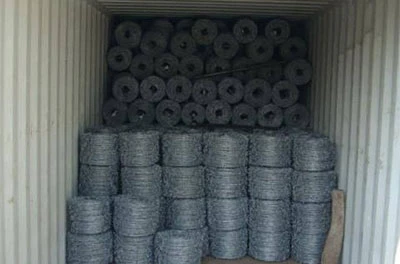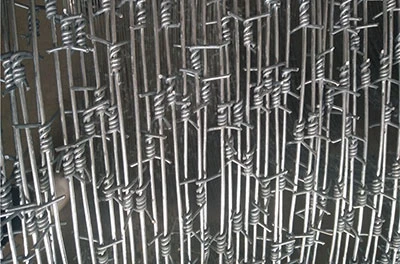Jan . 10, 2025 08:36 Back to list
mesh wire dimensions
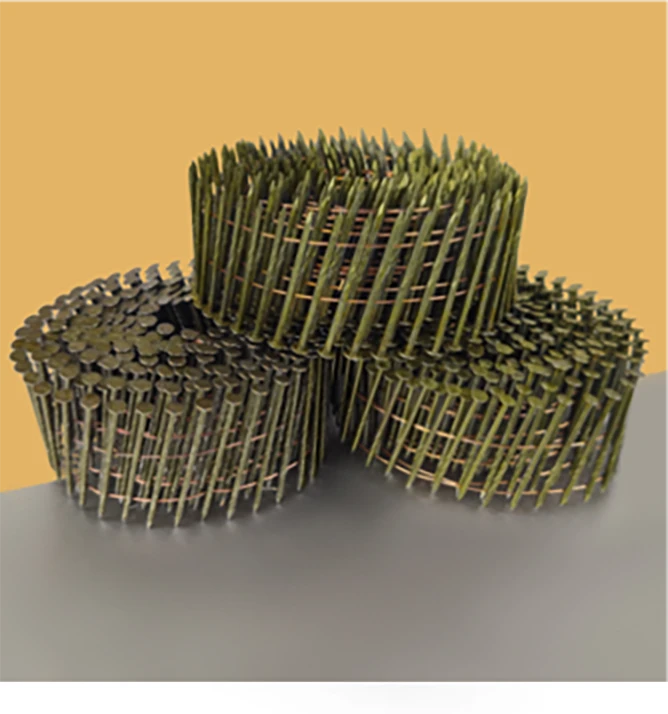
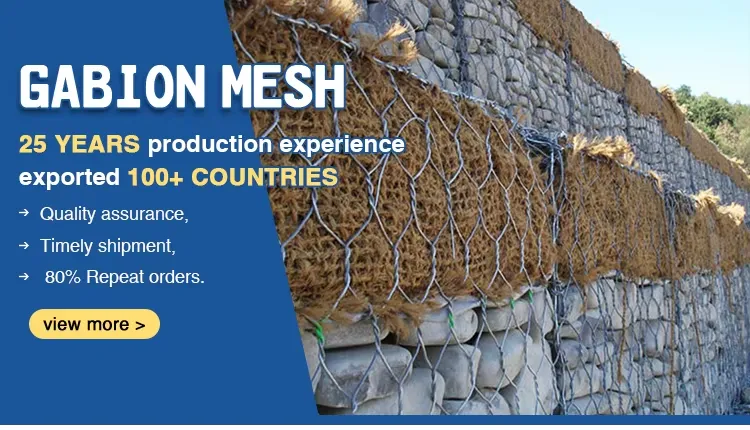
Furthermore, the initial choice of wire diameter and mesh size directly influences the overall data required for the panel or roll dimensions. Standardized widths and lengths are available, but custom projects often demand bespoke dimensions. An authoritative source will guide you in tailoring these measurements to fit specific installation areas or load-bearing specifications, ensuring the most economical use of materials while maximizing performance. In terms of credibility, selecting suppliers with a proven track record of delivering high-quality mesh products is paramount. It's not just about finding the right dimensions, but also ensuring the material's consistency and durability over time. Mesh wires should meet industry standards and any legal or safety regulations that apply to your specific application. This guarantees the product's reliability, further bolstering consumer trust and satisfaction. For businesses and professionals seeking guidance in optimizing their choice of mesh wire dimensions, investing time in research and consultation with industry leaders will pay dividends. Consulting with engineers and specialists who have hands-on experience can provide invaluable insights into the intricacies of their field and help avoid costly mistakes. This not only enhances the reliability of your projects but also positions your operations at the cutting edge of industry innovations. Ultimately, understanding and selecting the right mesh wire dimensions is not merely a technical decision—it’s a strategic one. It requires a blend of technical expertise, industry-specific knowledge, and trusted partnerships with reputable suppliers. By prioritizing these facets, your projects will not only adhere to high standards of quality and safety but will also solidify your reputation as a discerning and competent expert in your field.
Latest News
-
Premium Anti-Climb Fence Spikes for Sale
NewsAug.01,2025
-
Premium Peach Post Fence | Durable & Stylish Security
NewsJul.31,2025
-
Best Galvanized Grating Price - Durable Galvanized Steel Grating Solutions
NewsJul.30,2025
-
0.5-4.0mm Wire 2×2 4×4 8×8 Hot Dipped Galvanized Welded Mesh Roll
NewsJul.30,2025
-
Metal Fence Pickets for Sale – Durable Galvanized & Steel Options
NewsJul.29,2025
-
Competitive Galvanized Grating Price for Durable Flooring Solutions
NewsJul.29,2025
Our company owns has excellent CAD steel grating drawing designers, who can provide customers with perfect steel grating layout design and better meet customers' special requirements for products. We have been adhering to it the business tenet of "quality first, customer first", with high-quality products, reasonable prices, and the fastest delivery time, we wholeheartedly provide customers with a full range of services! Welcome new and old customers to cooperate sincerely and create brilliance together!
Contact Us
WELCOME TO OUR COMPANY!
Thank you for your interest in our services! If you have any questions or wousld like to book a service, please don’t hesitate to contact us. Our team is dedicated to providing you with the highest level of service and support, and we are committed to working with you to make your event a success.

Service Email

Service Phone
Product Center
Contact Us
- Phone: +86 +86 15733154345
- E-mail: sales@chengsenchina.com
- Address: B1213 GLOBAL CENTER, NO.226 ZHONGHUA NORTH STREET, SHIJIAHUANG, CHINA


